Dominion is a card game created by Donald X. Vaccarino in 2008, a winner of Spiel des Jahres (Game of the Year, the most prestigious award in board gaming), and one of my favorite board games.
It’s responsible for popularizing the “deck-building card game” genre. Deck-builders differ from “card-collecting games” like Magic or Pokemon TCG because deck-builders use a finite set of cards you buy as one deck rather than asking players to buy endless booster packs.
Additionally, in deck-builders like Dominion, you always start with a very small, standard deck, and acquire cards from a central, shared “supply” area as the game develops.
This means that games depend entirely on in-game strategy rather than buying cards and designing decks out of the game. I’ve found I prefer this, as it minimizes the amount of time required to get a lot out of the game
Dominion has pretty straightforward rules that any board game hobbyist can pick up in ten minutes: You start with 7 money cards and 3 land cards. Money cards allow you to buy additional cards — whether more money or land or action cards — while land cards do nothing except give you end-game points. You also acquire action cards which allow you to extend your turn or improve your hand in some way.
Each turn, players draw five cards, and can play one action and buy one card. Their hand then goes into their discard pile once their turn is done, and they draw five more cards. When their deck runs out, they shuffle their discard pile.
And that’s it, basically.
The beauty of Dominion lies in its simplicity, and the incredible amount of variety the game offers around such basic elements. There’s so much variety and personality in the different expansions and their many action cards that no two games are the same, and each one is interesting.
What makes the game tick are the ways action cards interact with each other, allowing players to build an “engine” — aka a strategy — to create powerful hands. It only takes a few games of Dominion before you start picking up on ways to play certain cards together.
This strategic engagement crossed with the huge variety of the expansion packs makes for a game you have just as fun playing your hundredth time as you do your first or second time.
Before I wrap up this entry, I want to rank the Dominion sets. Each one has a distinct gameplay focus, so you get very different styles of play with each one.
Not included are the “mini-expansions” Alchemy, Cornucopia, or Guilds – mostly because I don’t have them and haven’t played them. My wife and I own all of the full expansions, and play the game pretty frequently.
6. Intrigue
The theme of Intrigue is cards that allow you to choose between multiple actions, with an emphasis on player interaction. These sound like good ideas, but in practice range from bland to somewhat frustrating. There are a few great cards — Masquerade is a hall-of-famer — but in general I’ll take any other expansion over this one.
5. Dominion
“Vanilla” Dominion is definitely on the boring side by itself, but there are so many basic, essential actions here, that it always works well as half of a two-set game with another other expansion. This is also the best set to learn to play with, as the effect of cards are obvious and intuitive. (Note to new players: Everyone, yes everyone, starts by thinking they have to buy and play lots of Villages. It’s okay.)
4. Hinterlands
Now we’re to the good ones. I struggled with deciding between 3 and 4. Hinterlands is reliable if occasionally a bit dull. The focus is on getting a one-time perk when you buy a card — which, in my opinion, is a pretty boring theme. But there are some great cards here, and I always have a ton of fun in a Hinterlands-themed game.
3. Dark Ages
Dark Ages is the biggest set — 35 cards instead of the usual 25 — and in many ways the most frustrating. Some cards seem useless at first glance (and tenth glance). But it’s so damn wacky and varied that I have to love it, even if I sometimes hate it. It has a bunch of themes — trashing cards (kinda bizarre and lame), card interaction (awesome), and “high-skill” cards (yes!). But, above all, I love this deck because it has the Rats card. Rats! (Katy on Rats cards: “Can’t live with ‘em, can’t live without ‘em”)
2. Seaside
If you had asked me six months ago which Dominion expansion was my favorite, I probably would have said Seaside, in part out of spite (Prosperity is by far the most popular expansion) and in part because I was totally obsessed with the “Duration” cards of Seaside. I love Seaside’s theme of powerful actions that have recurring benefits. So fun. Now that I’ve played about a hundred Seaside games… Well, I’m still obsessed with it and would consider putting it at #1. But I’ve just had too many great Prosperity games to give Seaside the edge.
1. Prosperity
Pretty much always the most fun you can have playing Dominion is with Prosperity. The theme is “big money” — expensive cards that do incredible things. Whether it’s the elusive Platinum (five money on one card?) or the addictive Monument (“I just… get a victory point? No strings?”) or the King’s Court (play one action card THREE TIMES) or — best of all — a round that combines all three, a good Prosperity hand makes you feel like king of the world.



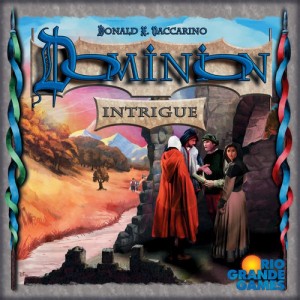
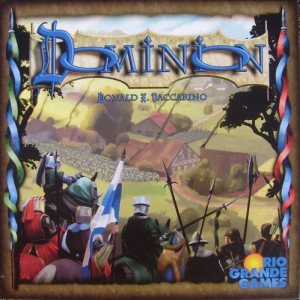
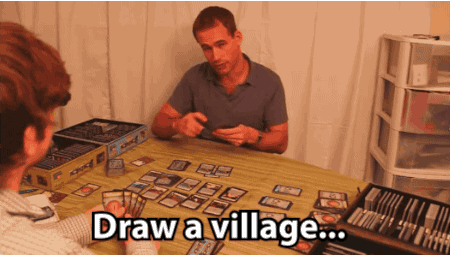
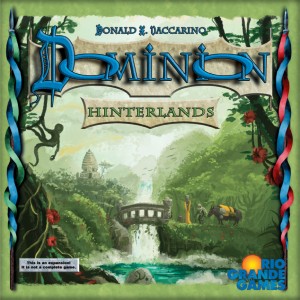
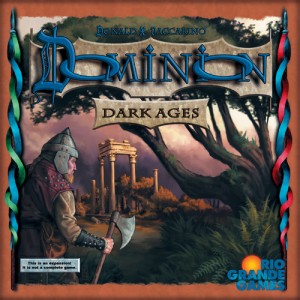
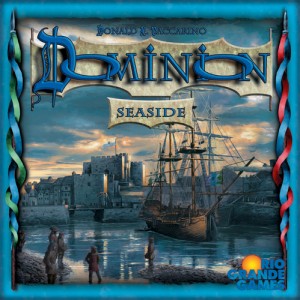
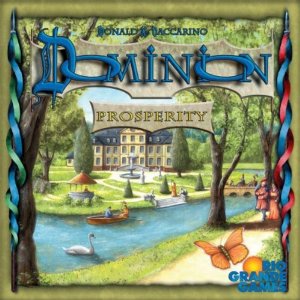


Honestly, I guess such posts must be printed more and more because of the present situation and
contemporary requirements of the Millenials.
I read these to find some fresh information that may correspond to my requirements.